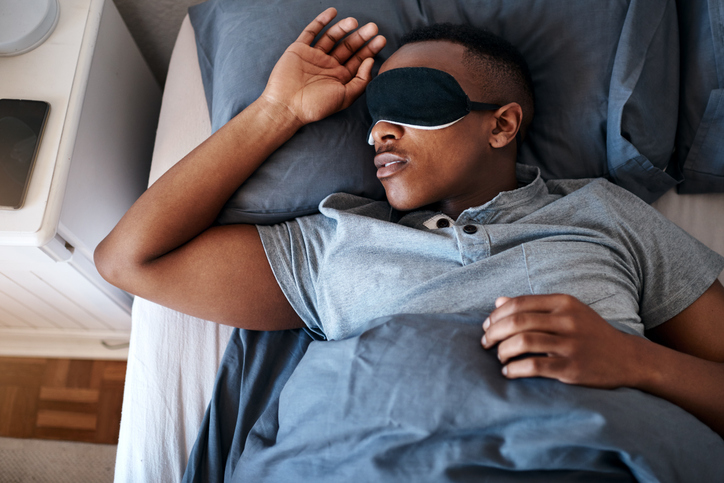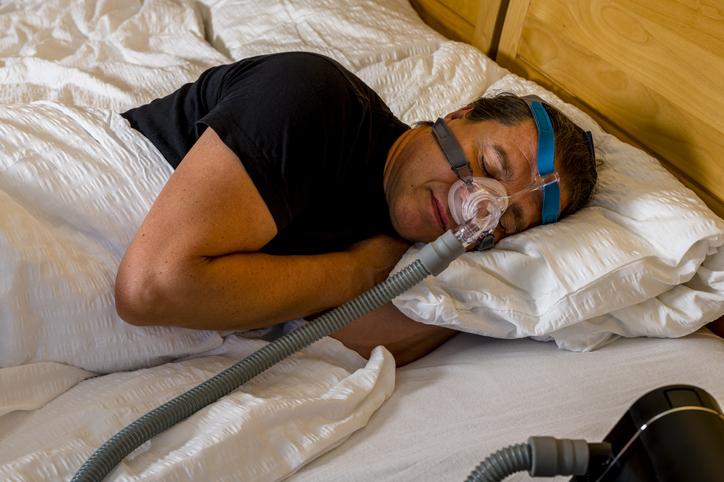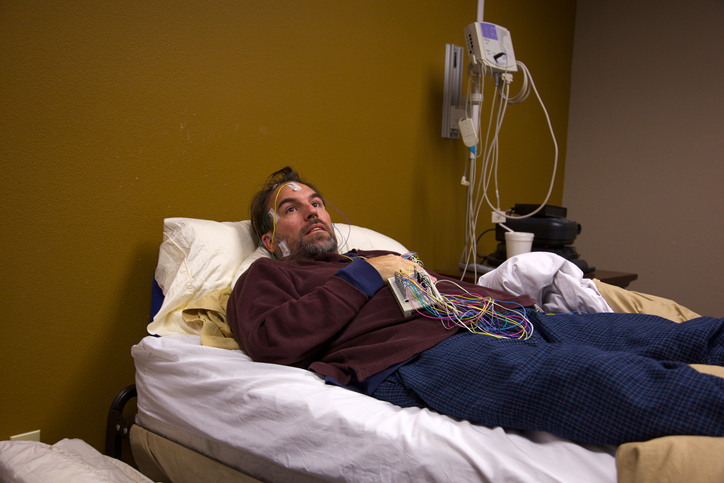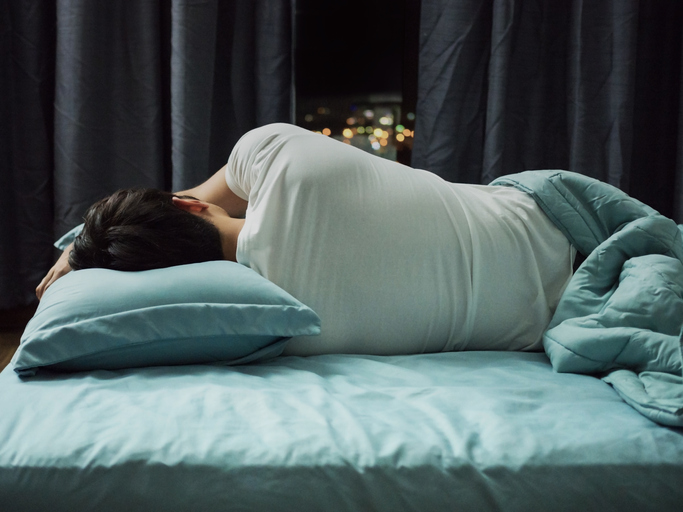Living with Chronic Pain
The Relationship Between Chronic Pain and Sleep

Chronic pain and sleep are interrelated: chronic pain can cause sleep issues, and sleep issues can increase chronic pain. Understanding this cyclical relationship is essential in order to take steps to decrease pain and improve sleep.
How chronic pain affects sleep
Chronic pain conditions, such as back pain, fibromyalgia, and arthritis, often interfere with sleep. Difficulty falling asleep, staying asleep, or getting deep, restorative sleep may occur due to chronic pain.
Although bedtime routines, such as eliminating noise and turning off the lights, may help those without chronic pain maintain good sleep hygiene, a quiet environment void of any distractions can be difficult for those with chronic pain as the pain becomes the only focus. This can increase the perception of pain when trying to fall asleep.
When individuals with pain fall asleep, their slumber may be interrupted by pain sensations caused from rolling over or lying in one position for too long. Some types of pain, such as nerve pain, can wake an individual even without any movement of the body. In addition, certain medications taken to relieve pain can disrupt sleep and prevent deep sleep.
How lack of sleep affects chronic pain
A lack of deep, restorative sleep also negatively affects chronic pain. Lack of sleep can increase the risk of developing pain conditions, such as chronic headaches or fibromyalgia. Sleep deprivation and the resulting fatigue can lower pain tolerance, which intensifies the sensations of existing pain. Sleep problems can also worsen the long-term course of existing conditions, such as headaches and musculoskeletal pain, and contribute to mental health conditions, such as depression and anxiety.
How to break the cycle
Here are some tips to break the cycle of sleep problems and increased chronic pain:
- See a physician to rule out any underlying sleep conditions, such as sleep apnea or restless legs syndrome.
- Check with a physician about taking pain medication right before bed or taking medication to help with sleep.
- Implement good sleep hygiene practices, such as going to bed and waking at the same time each night, using the bedroom solely for sleep and sex, and going to bed only when sleepy.
- Try relaxation techniques such as meditation, progressive muscle relaxation, and deep breathing.
- See a psychologist or therapist for cognitive behavioral therapy for insomnia.
Getting enough deep, restorative sleep can break the sleep/pain cycle, leading to reduced pain levels and possible long-term improvement of chronic pain conditions.

















